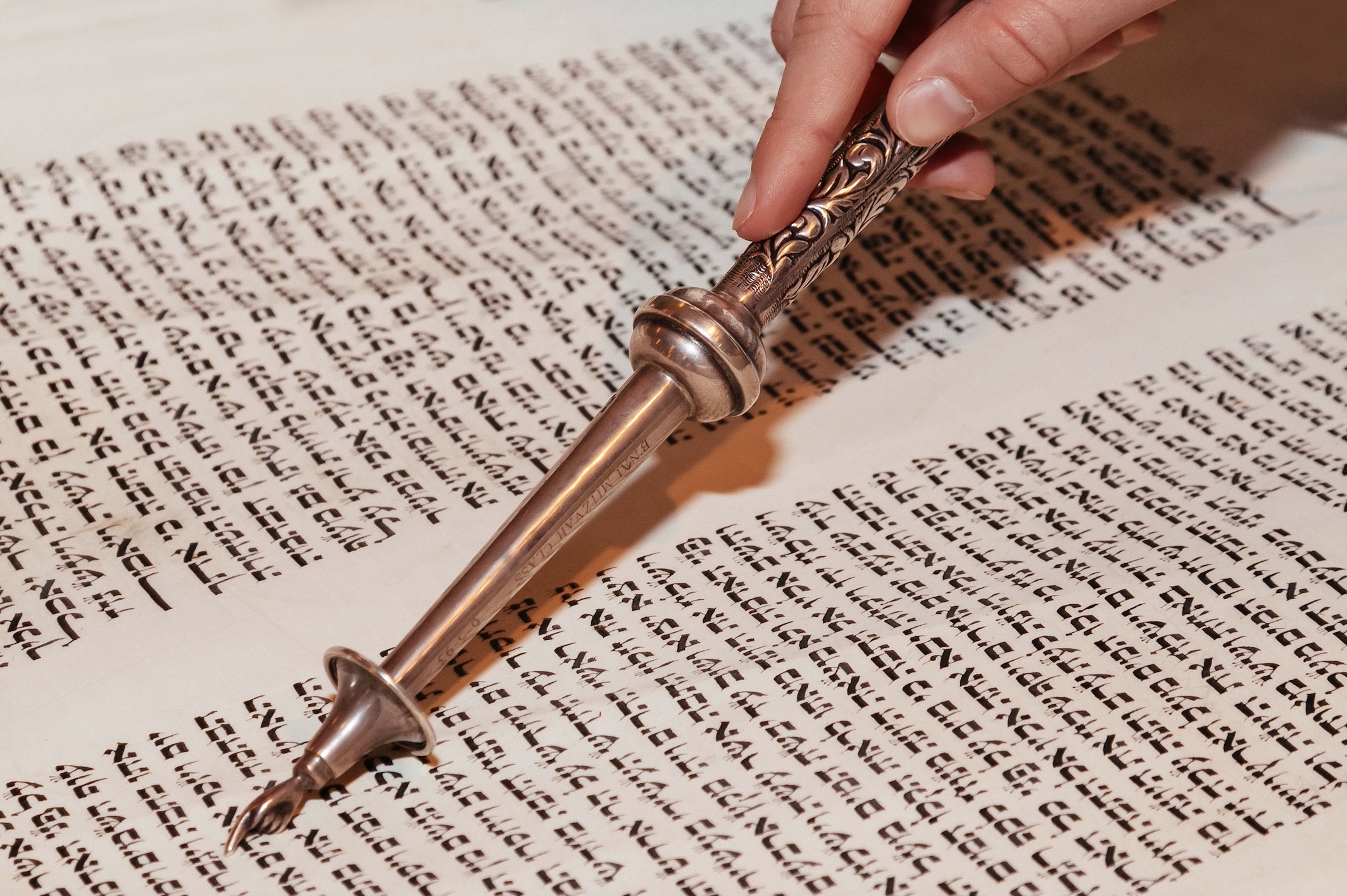THE DANGER OF HUBRIS

This Tuesday morning we only had nine men for shacharit — until a few moments before borchu, that is, when a random guy walked into the synagogue looking for charitable donations from our early-morning regulars.
So we asked him to stay, and he very kindly agreed to join us, and stayed for the remainder of the prayers to bring us up to the requisite ten.
We all added a little extra to the amounts we would normally give to a charity collector, and he was very grateful. So grateful, in fact, that he insisted on sharing a Torah thought with me after the prayers were over, to show his appreciation.
Sadly, I never caught his name, but I do feel that his mitzvah deserves another, and I would therefore like to share the gift he gave me in return for the few extra dollars.
Rashi at the beginning of the Torah portion of Shlach informs us that all the spies began as men of great distinction, but as the story unfolded only two of them turned out to be the good guys. What is it that differentiated the ten sinners from the two who didn’t sin?
Let’s take a closer look at the two spies who did not fall into the trap and end up like their treacherous colleagues. The first one, Joshua, was the primary disciple of Moshe Rabbeinu. Even before they left, Moshe was worried that Joshua would listen to the evil words of the other spies if he did not do something to help and protect him. This was the reason he changed Joshua’s name from Hosea to Joshua, which added the name of God to his name, to protect him from the counsel of the spies. Using a clever play on the two words that form the composite of Joshua’s name in Hebrew, Rashi tells us that Moshe prayed for Joshua, יה יושיעך מעצת מרגלים – “God save you from the counsel of the spies.”
Adding God’s name to Joshua was not a “segula” (a lucky charm), rather it was a reminder to Joshua, like wearing “tzitzit” are a reminder – as it says (Num. 15:39): “And when you see them you will be reminded of all the commandments of God.” God’s name in his name would act as a constant reminder for him to remain faithful to God, and to his teacher Moshe, and not to depart from the path of truth.
And what was the story with the other of the two who didn’t sin: Caleb son of Yefuneh, of the tribe of Judah? When the spies arrived in the Hebron area, where the Tomb of the Patriarchs is located, they were afraid to go into the city to pray at the graves of the patriarchs and matriarchs, as they knew that there were dangerous giants there.
Only Caleb ignored the danger, and decided to go into the danger zone to visit the holy place, as he thought to himself “how can I protect myself from getting involved with the spies? Joshua son of Nun is protected by the prayer of Moses, but I must take my own initiative, and seek help from God.”
So he went into the cave to pray. The Midrash says that the Divine Presence went in together with him, to inform the patriarchs that it was time for their descendants to conquer the land. And it was at this exact moment that Caleb fell to the ground near the graves of the patriarchs, praying that he be saved from the scheme of the other spies.
Meanwhile, the ten remaining spies were complacent. They thought, we are “anashim” – “distinguished men” – so we have nothing to fear. Our righteousness will protect us. We will not go after our hearts and after our eyes. But they were so very wrong. “How the mighty have fallen!” (2 Sam. 1:25).
Indeed, it is this that is the true lesson of the spies story. Never believe that you are immune to evil. Even the greatest tzadik can fall into the trap set by the evil inclination. You must actively protect yourself from evil at all times. That is why this story is so important. It is a foundation narrative for our moral and ethical development, and a lifelong insurance policy.
Never forget how vulnerable you are!
[Here is the Dvar Torah in Hebrew:]

